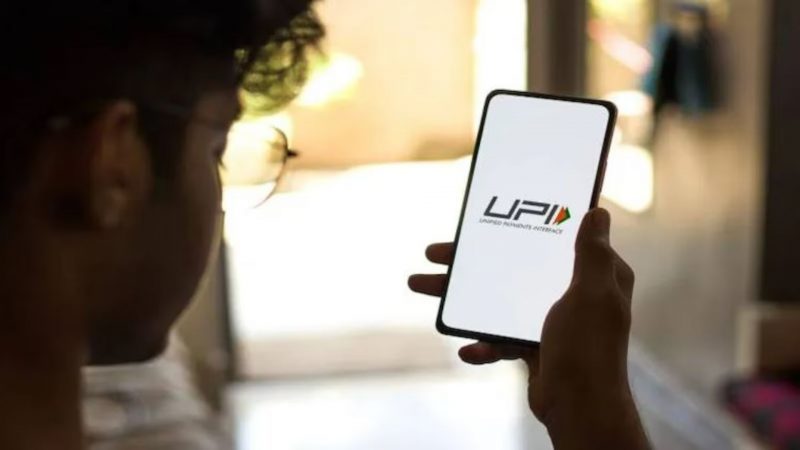
Big News! UPI Transaction Limit to Increase, Check Now
The Reserve Bank of India, or RBI, is to increase the transaction limit of UPI lite on August 10. The RBI is deciding to increase the per transaction limit for UPI Lite, which works in offline mode, from ₹200 to ₹500. This proposal is aimed at offering more convenience to users and deepening the roots of digital payments across the Nation.

UPI Lite Transaction Limit to Increase
Presently, UPI lite has a per transaction limit of ₹200, as decided by the Reserve Bank of India. Furthermore, ₹2,000 is also capped as the overall transaction limit can be executed daily. Both these transaction limits work in offline mode for both the National Common Mobility Card (NCMC) and UPI Lite.
However, you don’t have to worry about these low transaction limits, as RBI is deciding to increase the limit to ₹500 for every transaction. However, the overall transaction limit for a day is to be capped at ₹2,000.
“With the objective of harnessing the new technologies for enhancing digital payments experience for users, it is proposed to… enhance the transaction limit of small value digital payments in offline mode to Rs 500 from Rs 200 within the overall limit of Rs 2,000 per payment instrument. These initiatives will further deepen the reach of digital payments in the country,” said RBI Governor Shaktikanta Das while concluding the critical decisions made by the monetary policy committee.
Also read:
Gmail Mobile App Upgrade Can Help You To Translate Your Emails Effortlessly
About UPI Lite
UPI Lite is an inferior version of the Unified Payments Interface or UPI payment system which has only one specialty: enabling offline payments. Introduced by NPCI or National Payments Corporation of India and RBI in September 2022, this service is one of the most revolutionary tools made available by the Government. The fact that UPI Lite allows offline payments is the most significant convenience to people who do not have stable connectivity in their area. Moreover, the UPI Lite transactions don’t even require the user to enter a PIN number to transact, thus making the process faster than ever.



